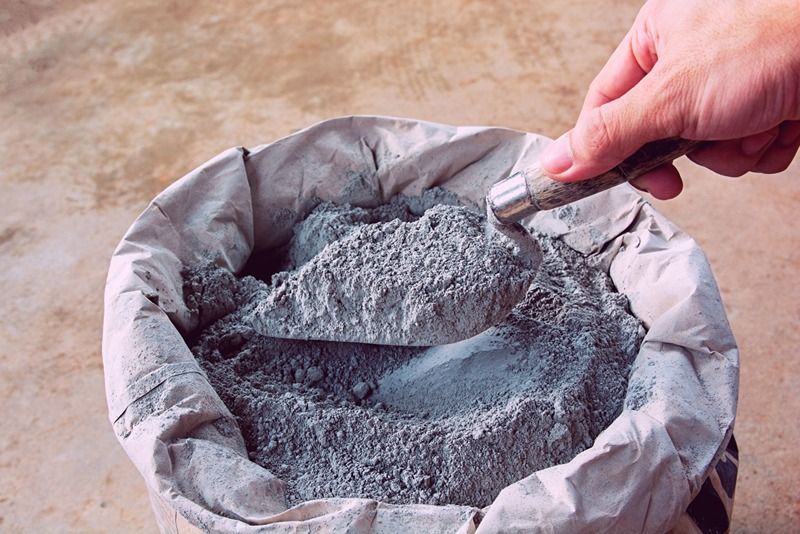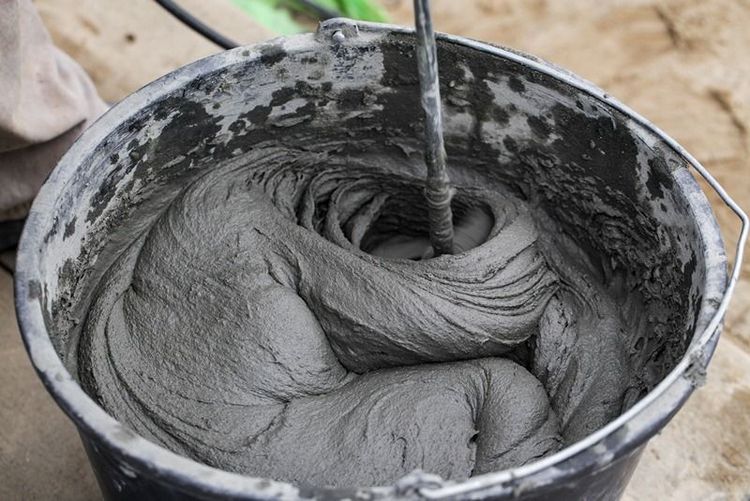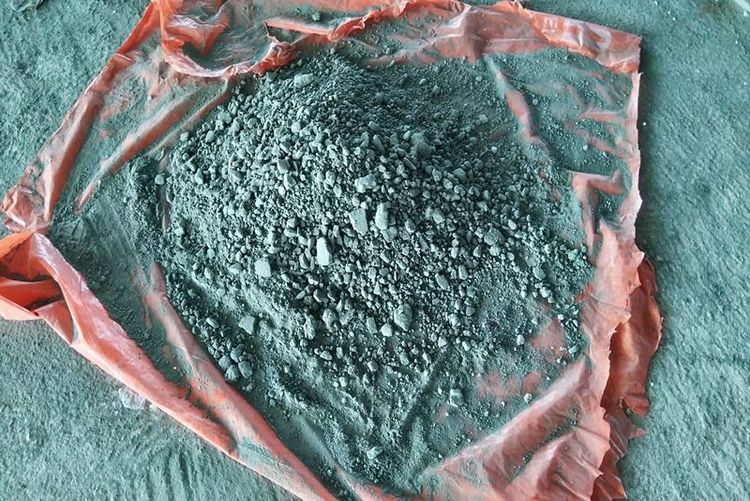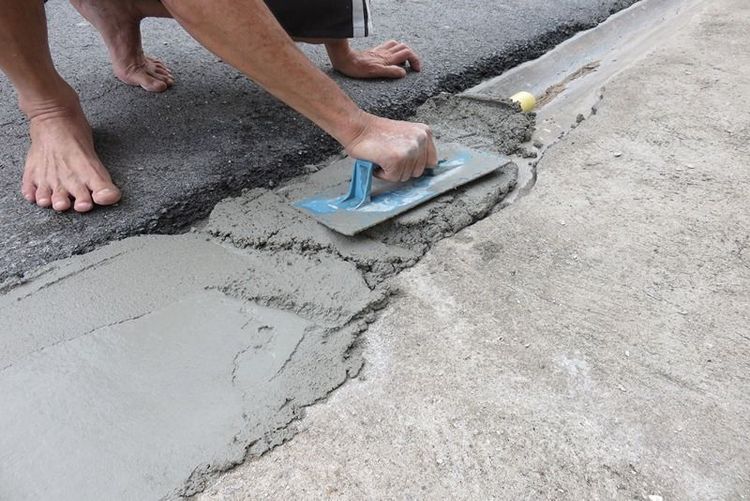Amidst the increasing demand for cement in the expanding Indian market, cement is the fundamental element shaping our infrastructural growth. This intricate grey powder, crafted from a precise blend of raw materials and chemical compounds, is the foundation of strength and longevity in countless construction ventures. Register today to access our selection of quality industrial materials and enhance your construction endeavours.
Join us as we delve into the multifaceted world of cement types and their nuanced roles in the elaborate mosaic of construction projects.
Types of cement
- Ordinary Portland cement (OPC)
The Ordinary Portland Cement (OPC) is a widely used cement that is highly versatile and reliable. It is found in many construction projects, ranging from concrete structures to stucco and mortar applications. The Shree Ordinary Portland Cement, JSW Ordinary Portland Cement, and Birla Super Ordinary Portland Cement of grade 53 are known for their high early strength and faster de-shuttering of formwork. The JSW Ordinary Portland Cement, blended with mineral admixtures, such as fly ash and Ground Granulated Blast-furnace Slag (GGBS), can also be used for the construction of high-rise buildings, roads, dams, bridges, flyovers, grouts, and mortars.







 +91 7208055523
+91 7208055523
 Help & support
Help & support
